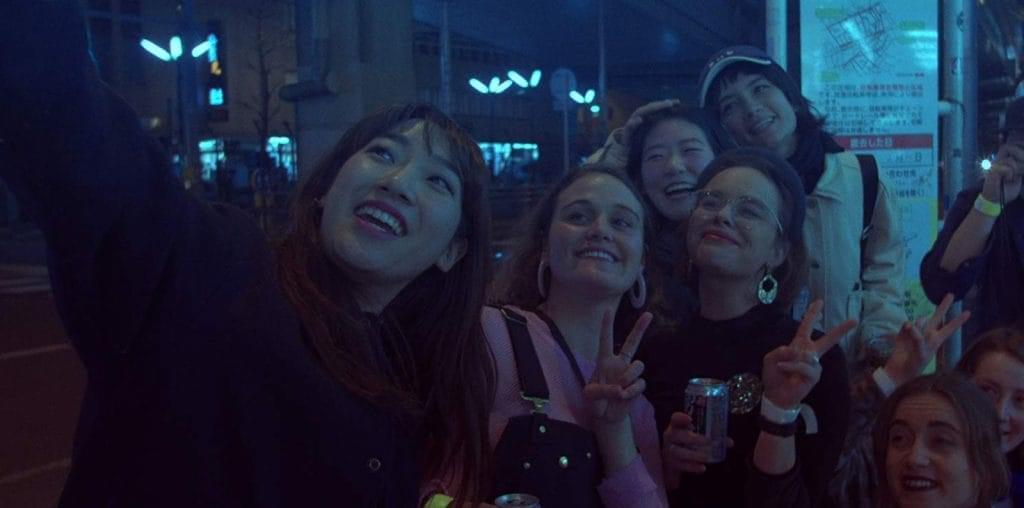
Right off the bat, I’m going to warn you. The type of story in “Best Wishes” is not my cup of tea.
If you were like me – growing up watching Star Wars films, reading Stephen King novels and amassing a comic book collection that numbered well into the thousands, you will probably find “Best Wishes” as excruciating as I did. However, this falls expressly as a matter of taste.
My mother saw The Divine Secrets of the Ya-Ya Sisterhood twice already and thinks it’s the greatest film of the summer. I, on the other hand, will die a happy man if I never even watch the trailer. Taking all this into account, “Best Wishes” is a very good movie for its audience. It’s the touching story of two women who developed a lifetime friendship that transcends their 1950s societal roles.
Peggy (played by director Joffre McClung) is a rich housewife with a husband who doesn’t appreciate her. In fact, he’s an a*s. He repeatedly takes advantage of her kindness, is verbally abusive and neglects her. In fact, the biggest flaw in this aspect is that the husband character is too heavy-handed and painted as a straw-man villain. When Peggy is eventually inspired to leave him, the decision is too easy and in fact annoying considering she let him walk all over her for years.
Lucille (Danielle Rickmann) is an African American maid who is one paycheck away from being homeless. Her husband died only a few years ago (although she lives in a passive form of denial by claiming he simply “left”). Struggling with a measly job at a local diner, Lucille barely manages to bet by. To make a few extra bucks, she takes a job as substitute maid for her sister, Thelma (who happens to be Peggy’s maid).
The two women form a fast friendship and help each other through their struggles: Peggy to gain some self esteem and realize her husband is a twit, and Lucille to let her deceased husband go and move on with her life.
Both women fantasize about their marriages. Lucille talks to her dead husband when she’s alone as if he’s still alive (so much so that she genuinely interacts with him during the film). Peggy has Raymond Chandler-esque fantasies in which her husband comes into her life as a private dick investigating a murder – revealing Peggy’s secret desire for excitement in her life.
It comes as no surprise that McClung has strong roots in the theatre. Ultimately a character drama, “Best Wishes” watches more like a stage play, with most of the action happening in the women’s respective houses. With a bit more polish, the film could be very powerful to the right audience. For example, the acting and blocking had a very theatrical feel to it, taking the viewer out of the moment for the film.
Another wrinkle in the film is the set design, which isn’t exactly contemporary, nor is it appropriate to the time in which the story takes place. There are anachronisms abound in the design, props and dressing. However, this is entirely forgivable as “Best Wishes” provides a heartwarming story of love, friendship and independence.
